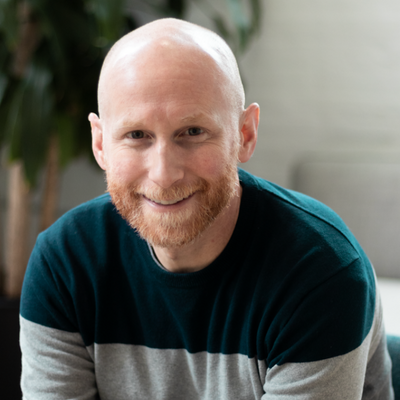January 5, 2024
Grief Brain
People often describe the death of a loved one as something that “turns their world upside down.” This is a common feeling. When a person falls in love with their spouse or meets their child, there is a bond that’s encoded in their brain and this creates a sense of “we” between them and the other person. Our world with the loved one makes sense and is what we know, but we often lack familiarity with a world without that person. There are certain rituals you had with that person, like calling your sister every day to check-in. There are things that person did for you, like your wife handling the finances in your marriage or setting up your medical appointments. As you can see, these things can be emotional shifts or logistical changes. All of them can feel overwhelming though, and as a result, slow down our brain’s capacity to function.
What It Looks Like
You may be someone who values their ability to function on a high level at all times. Your job is demanding, let alone your home life, and yet you still find time to engage socially with friends and family and participate in hobbies you love. Then, all of a sudden, you’re facing grief and you lose focus easily at work, you forget to pick up your daughter from soccer practice one day, and you can’t seem to find the time to engage in any hobbies. You could also start to lose things around your house, a misplaced phone or wallet.
So, what’s happening here? Your brain is learning to operate without that loved one. You can think of it like how your computer has programs running in the background taking up processing space. Your brain is trying to figure out what this new life looks like for you and it’s taking up all of that space that allows you to normally be a superhero. It takes a lot of processing power as our brains sit with the feelings of sadness and loneliness that come with grieving.
What To Do About It?
Seek out support from others. Doing so gives you time to grieve and figure out your life after the death of a loved one.
Set reasonable expectations. Don’t demand perfection from yourself, which is a good rule in any situation. This will require some self-compassion for what you are going through. It may also require asking for help when needed.
Journal about your emotions. This is a really helpful tool to be able to process our emotions surrounding the death of a loved one.
Maintain a healthy sleep schedule. Don’t sacrifice this for the sake of getting more done. It will only set you back both with your level of focus and mental health in general.
Exercise. This can be a helpful tool in improving mood, memory, and thought processing.
If you are someone who is experiencing grief and may be noticing some of the above concerns in your own life, a counselor can help you process your grief in a more compassionate way. Counseling can help you normalize the concerns and teach you to be more self-compassionate. Reach out to us here at Optimum Joy today and set up an appointment!
Written By
Pete Marlow

Related Articles
-
Unlocking Effective Communication – Part 1
In life, we often shy away from the most important conversations due to fear. We worry...
Read More -
Coming Out: Not An Event But A Process
The term “coming out” is a common phrase used in the LGTBQIA+ community in sharing their...
Read More -
Binary Thinking vs Values
From picking out what to wear each morning, to managing projects at work, our days are...
Read More